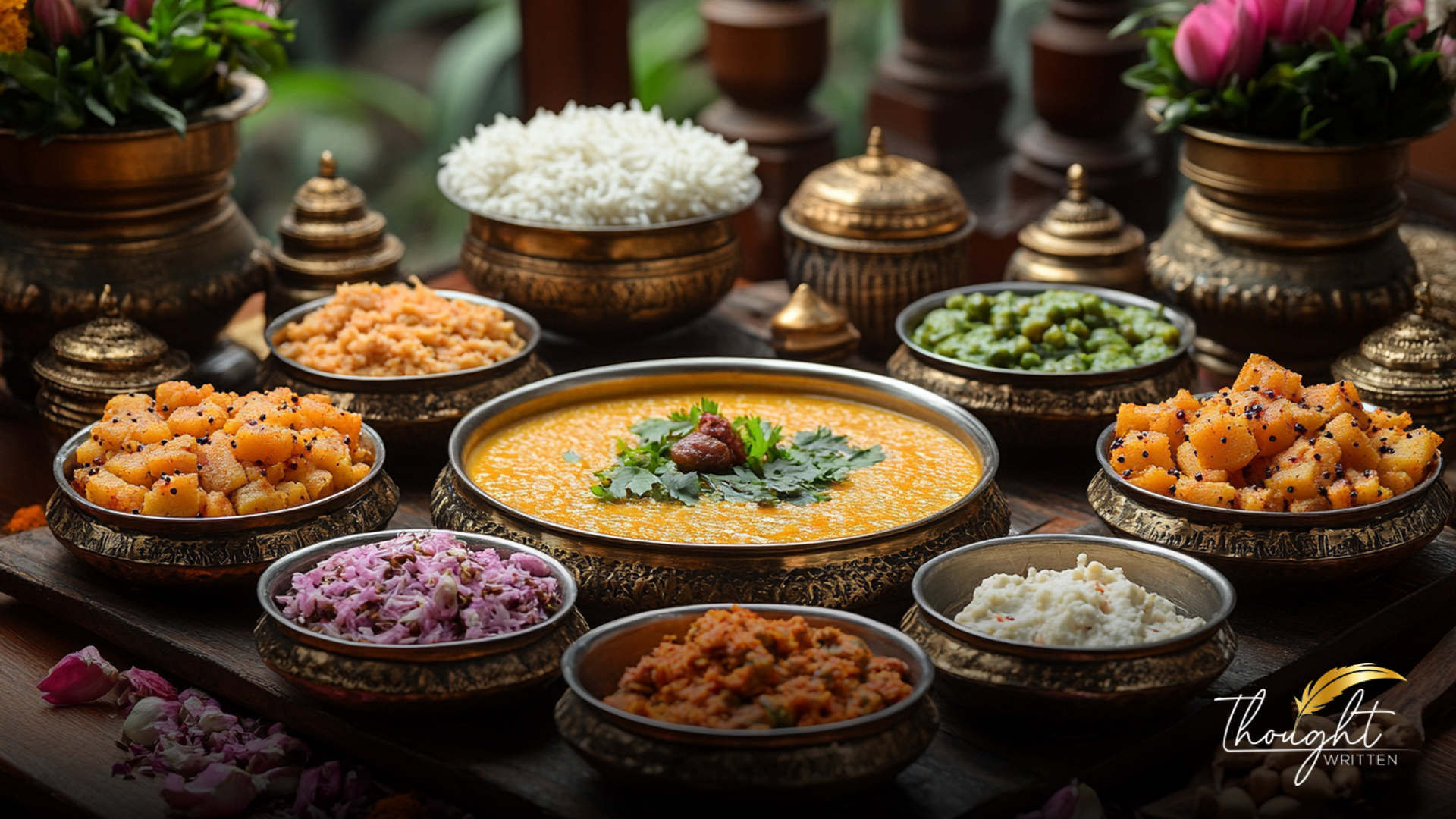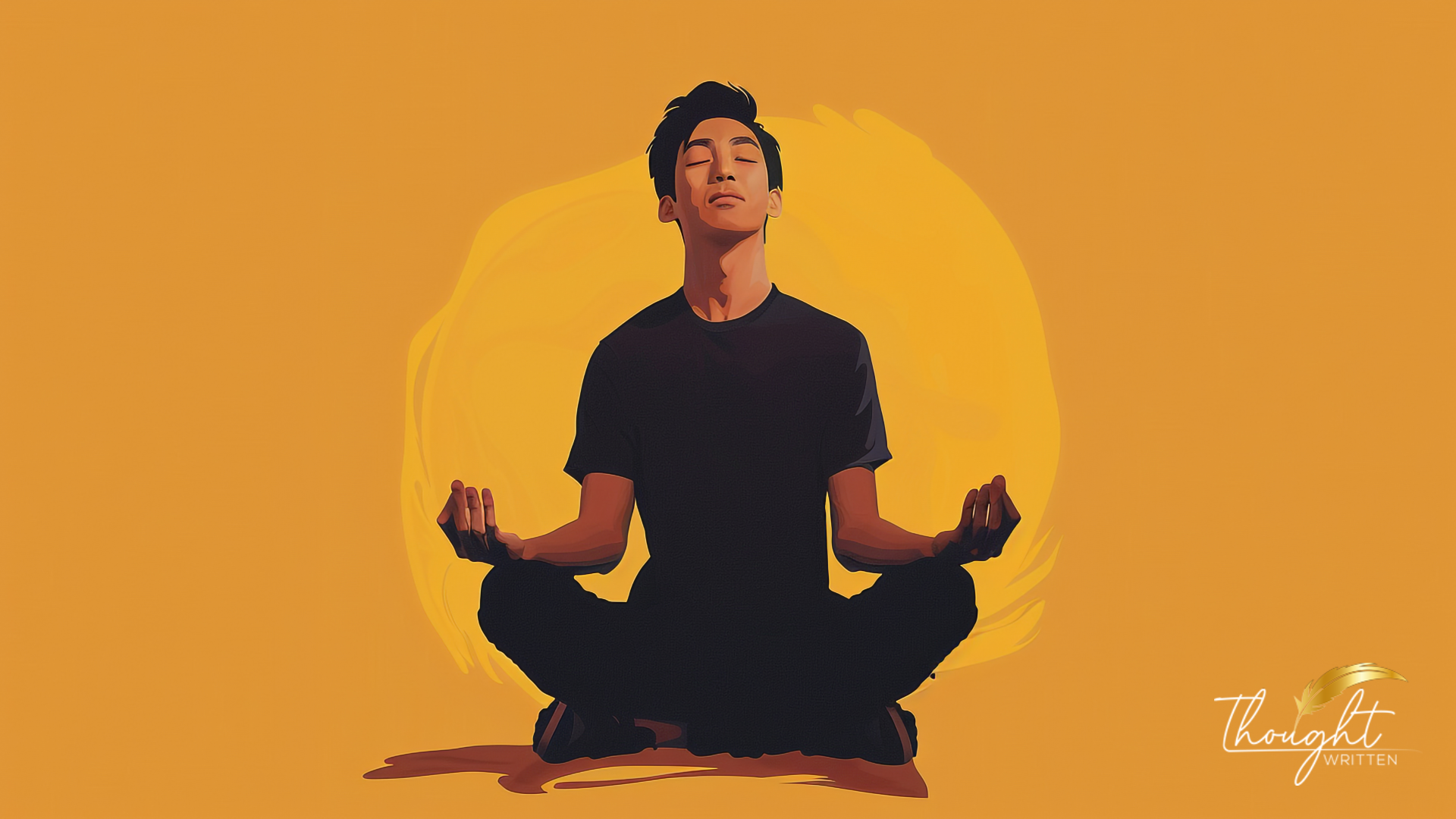Welcome, bookworms and curious minds alike! Have you ever experienced the transformative power of a good book?
The Influence of Classic Literature on Modern Storytelling

Classic literature serves as the cornerstone of modern storytelling. Works by iconic authors such as William Shakespeare, Jane Austen, and Charles Dickens have inspired countless contemporary novels, movies, and television series. But what is it about these timeless stories that continue to resonate in our modern world?
In this blog, we’ll explore how classic literature shapes the narratives we consume today, the themes and techniques it introduces, and why its influence remains as strong as ever.
Why Classic Literature Matters
Classic literature is more than just old books on dusty shelves—it’s the foundation of storytelling as we know it. These works offer insights into universal human experiences, such as love, loss, ambition, and morality. They present archetypes and story structures that modern writers adapt to suit contemporary audiences.
Whether it’s Shakespeare’s exploration of human flaws or Austen’s critique of societal norms, classic literature provides a lens through which we understand our world and ourselves.
1. Universal Themes: Timeless Lessons
One of the primary reasons classic literature continues to influence modern storytelling is its focus on universal themes.
Love and Relationships:
Take Jane Austen’s Pride and Prejudice. Its exploration of love, misunderstandings, and personal growth forms the basis for countless romantic comedies and dramas today. Modern films like Bridget Jones’s Diary and series like Modern Love are deeply rooted in Austenian themes.
Good vs. Evil:
Shakespeare’s plays, such as Macbeth and Hamlet, delve into the complexities of morality and the battle between good and evil. These themes are echoed in modern franchises like Harry Potter and Game of Thrones.
Social Justice:
Charles Dickens’ Oliver Twist and Great Expectations shed light on social inequality and poverty, themes that resonate in contemporary works like The Pursuit of Happyness and Parasite.
2. Archetypes and Character Development
Classic literature has given us timeless archetypes that writers continue to adapt and reimagine:
- The Hero’s Journey: Homer’s Odyssey is a prime example of this archetype. Its influence can be seen in everything from Star Wars to The Lord of the Rings.
- The Tragic Hero: Shakespeare’s protagonists, like Hamlet and Othello, embody the tragic hero archetype. This concept is echoed in characters like Walter White from Breaking Bad or Tony Stark in the Marvel Cinematic Universe.
- The Byronic Hero: Lord Byron’s brooding, flawed heroes paved the way for modern characters like Heathcliff in Wuthering Heights and Edward Cullen in Twilight.
These archetypes provide a framework that modern writers use to craft relatable and compelling characters.
3. Story Structures: Building Blocks of Narratives
Classic literature has also contributed to the development of enduring story structures.
Three-Act Structure:
Greek tragedies and Shakespearean plays often follow a three-act structure:
- Setup: Introduce the characters and their goals.
- Conflict: Complicate the protagonist’s journey.
- Resolution: Resolve the story with a climax and conclusion.
This structure is the backbone of modern screenwriting and is used in movies like The Lion King and The Avengers.
Foreshadowing and Irony:
Techniques like foreshadowing, popularized in works like Emily Brontë’s Wuthering Heights, are now staples of modern thrillers and mysteries. Similarly, dramatic irony—where the audience knows more than the characters—is used masterfully in shows like Breaking Bad.
4. Adapting Classics for Modern Audiences
Adaptations are a testament to the enduring appeal of classic literature. Directors and writers reimagine these stories to make them relevant to contemporary viewers.
Modernized Settings:
- Baz Luhrmann’s Romeo + Juliet set Shakespeare’s tragic love story in a modern, urban landscape.
- Clueless reinterprets Jane Austen’s Emma as a 1990s high school comedy.
Cultural Reimaginings:
- The Lion King, inspired by Hamlet, takes Shakespeare’s themes of betrayal and redemption and weaves them into a story about the animal kingdom.
- The Namesake by Jhumpa Lahiri echoes themes from Russian classics like The Overcoat while incorporating the Indian-American immigrant experience.
These adaptations bridge the gap between old and new, demonstrating how classic narratives remain relevant across time and cultures.
5. Lessons for Modern Writers
Writers today can learn a great deal from classic literature:
- Rich Dialogue: The eloquence of Shakespeare or the wit of Oscar Wilde teaches us the importance of impactful dialogue.
- Complex Characters: Classics excel in creating layered, flawed characters who feel real and relatable.
- Societal Reflection: Dickens and Austen show us how to use stories as mirrors to society, critiquing norms and sparking conversations.
By studying these works, modern storytellers can enhance their craft and create narratives that resonate on a deeper level.
6. The Challenges of Classic Literature in Modern Times
While classics offer timeless lessons, they also face criticism:
- Cultural Relevance: Some works reflect outdated values and biases, making them harder to relate to today.
- Language Barrier: The complex language of Shakespeare or Chaucer can be intimidating for modern readers.
However, these challenges also present opportunities. Modern adaptations and translations make these works more accessible, while critical discussions allow us to learn from their limitations.
7. Why the Influence of Classics Will Endure
The influence of classic literature on modern storytelling is unlikely to fade. Here’s why:
- Timeless Human Experience: As long as stories revolve around universal emotions and challenges, classics will remain relevant.
- Cultural Legacy: Classics are part of our shared heritage, forming the foundation of literary education worldwide.
- Inspirational Springboard: Modern creators often draw on classics for inspiration, ensuring these works continue to inform and shape new narratives.
Classic literature is more than a relic of the past; it’s a vibrant, living influence on the stories we tell today. From universal themes and compelling archetypes to innovative storytelling techniques, these timeless works serve as a guide and inspiration for modern creators.
As readers and writers, revisiting classic literature allows us to connect with the roots of storytelling while appreciating how far we’ve come. Whether through direct adaptations or subtle nods, the influence of classic literature will continue to shape narratives for generations to come.
The next time you watch a film or read a novel, look for traces of the classics—they’re everywhere, reminding us of the enduring power of great stories.
So, what’s your favorite classic, and how do you see it reflected in today’s stories? Let us know!





